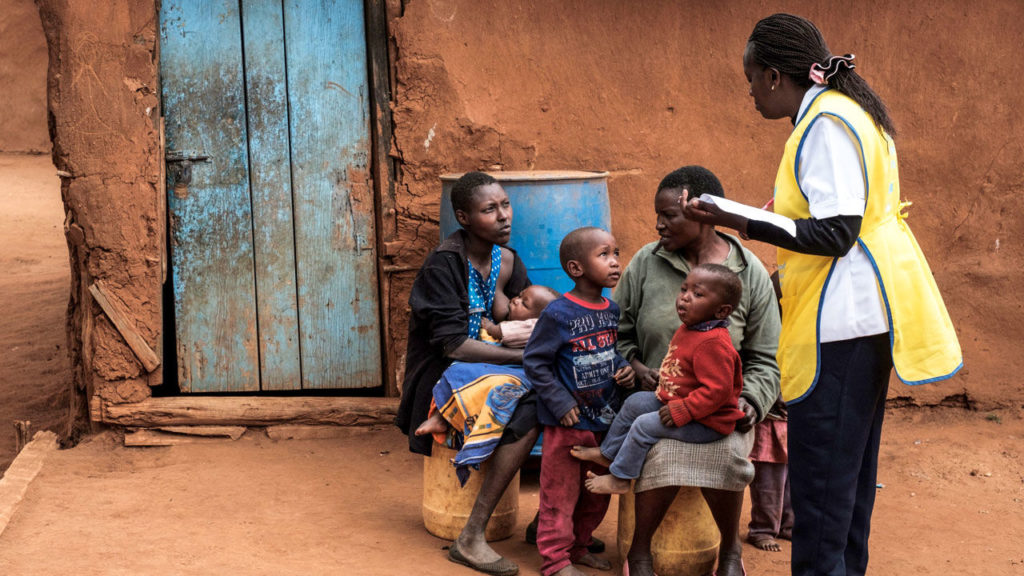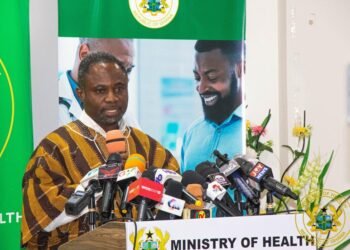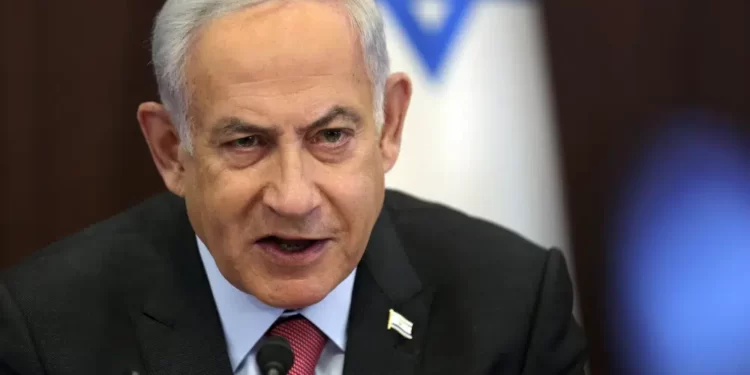The Programme Manager of the Extended Programme on Immunization at the Ghana Health Service, Dr. Kwame Amponsah-Achiano, has urged parents to avail children less than five years for the polio vaccination which is set to commence today 8th October 2020.
“We are appealing to all caregivers who have children under five years to make the children available for this exercise because these children need the vaccines as much as they need their legs.”
Speaking during an interview, Dr Amponsah- Achiano stated that, the first round of phase three that was done last month, saw good results and they are expecting an improvement in the second round.
He said that, Polio was a very dangerous disease but the vaccination will help stop the high number of confirmed polio cases in the country.
“Polio is a disease that cripples’ children, especially for life. It can even kill them, but we have an antidote. In other words, we can’t prevent it but through the antidote, we will contribute to the eradication process.”

He added that there was a bit of hesitancy from parents to bring their children for the vaccines but after education, they eventually did.
The second round of phase three polio mass immunization is expected to be conducted in the Ashanti, Eastern, Volta, Western, Central, Western North, Upper West, and the Greater Accra Regions.
The Ghana Health Service last month announced that, children under five years were going to receive polio vaccination in the round one of the polio vaccination campaign.
The vaccination campaign took place from Thursday, September 10 to Sunday, September 13, 2020.
The exercise, which is targeting about 4.6 million children, became necessary following the detection of 31 Vaccine Derived Polio Virus (VDPV) cases nationwide from July to date.
A VDPV is a strain of the weakened polio virus that was initially included in oral polio vaccine but has mutated and behaves more like the wild or naturally occurring virus.
This means it can spread more easily to people who are unvaccinated against polio when they come into contact with the stool or respiratory secretions, such as sneeze droplets, of an infected person. The polio virus may cause illness, including paralysis.
The Director-General of the GHS, Dr. Patrick Kuma-Aboagye, said the first round started in March this year, but was halted due to the ramifications of the coronavirus disease (COVID-19) pandemic.
He said although Africa had been certified to be free from wild polio, the presence of the virus in Afghanistan and Pakistan made wild polio a global threat.
That, coupled with the detection of 31 cases of the VDPV, meant it had become necessary to vaccinate the most vulnerable population in the country, who are children under five.
He further explained that, the eradication of all forms of polio required that, almost the entire population must be vaccinated.
However, he said, some 2.4 million children born between January 2016 and February 2018, in particular, were naive to the polio type two virus due to some global operational challenges in a switch in vaccine during that period.
Dr. Kuma-Aboagye said the initiative was also to help avoid eroding the gains made over the years which led to organisations such as the World Health Organisation declaring Ghana polio-free in 2015.





















